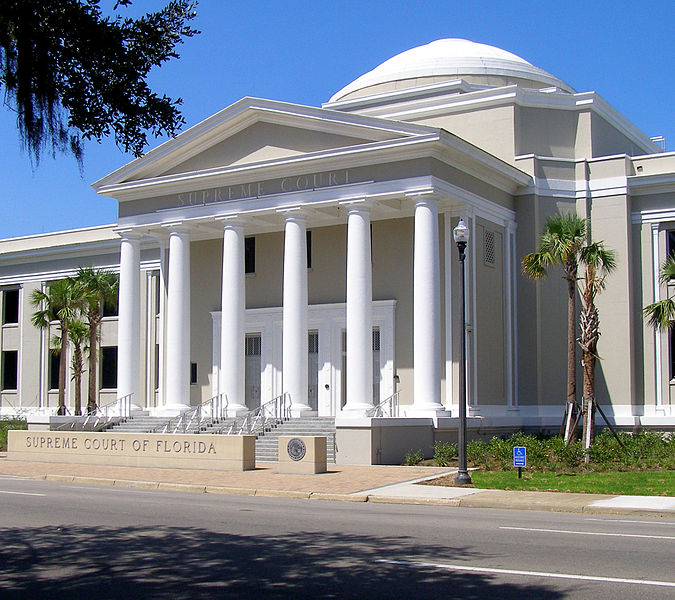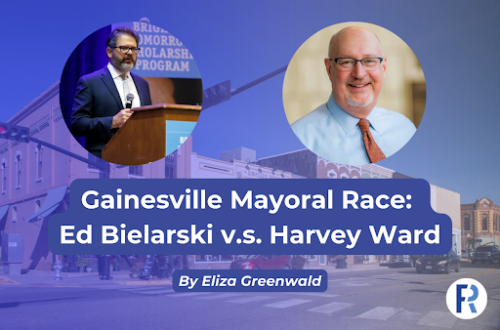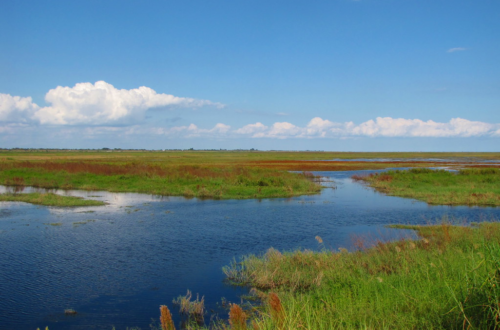As one of the numerous rights ensured in the U.S. Constitution, the Sixth Amendment secures any incarcerated U.S. citizen the ability to see his or her day in court. However, in some Florida courts, that day may be farther in the future than originally anticipated.
When the COVID-19 pandemic first spread within the United States, the country found itself adapting to a new way of life out of necessity — and rather quickly as well.
This was especially true in America’s courts, which had a reliance on being able to function in-person rather than virtually. In-person hearings no longer occurred in most states, and many cases had to be put on hold as legal professionals struggled to work as efficiently as they did before the pandemic.
According to a Thomson Reuters report, there has been a one-third increase in the backlog of court cases. Due to the large number of cases put on hold, courts are considering dropping some of their criminal cases, which means victims may never see a decision made to their case. Many question whether the issue of excessive backlog denies justice to those who have been awaiting a court decision for months.
In Florida, the recent resurgence of the new Delta Variant has illuminated the recurring negative impacts of COVID-19 on the state’s court system. In Tallahassee and throughout the rest of the state, the backlog of cases has proven to become a much heavier workload than anticipated for Florida state attorneys, public defenders and judges.
“It’s just been kind of a nightmare,” Stacy Scott, public defender of Florida’s 8th judicial circuit, said to the Florida Political Review. “We have fewer lawyers doing more work under very difficult circumstances.”
Scott’s scope of legal work spreads throughout the entire 8th Judicial Circuit, which includes Alachua, Baker, Bradford, Levy and Union counties.
To help with the increased caseload, judges in Orange County have been coming out of retirement. As a way of counteracting the unprecedented number of cases, Scott said that Tallahassee lawmakers need to improve funding of the justice system.
“Ultimately what the state of Florida needs to do is pay public defenders a better salary… and also have pay incentives or give the public defender circuits more money to be able to retain our attorneys,” Scott said. “I’ve been the elected public defender for 10 years, and I’ve never called our salary or staffing situation a crisis, but I would call it that now.”
With trials put on hold and cases taking more time to be reviewed, those awaiting decisions are becoming frustrated. The Sixth Amendment’s right to a speedy and public trial has been harder to uphold as courts have had to change procedures in accordance with CDC guidelines.
The Florida Supreme Court stated this June that speedy trial processes would resume on Oct. 4, 2021. The demands for speedy trials have been pressing as both defendants and victims await crucial decisions.
“There are definitely going to be speedy trial demands, and I think it’s very important for defendants to be able to have that as part of their defense because otherwise the state attorney can just have these cases linger forever, and that has severe detrimental impacts to defendants,” Scott said. “They need to get their day in court.”
Check out other recent articles from Florida Political Review here.
Featured Image: Unmodified photo by Bruin79 used under a Creative Commons License (https://bit.ly/3EAZwc3).






One Comment
Dulce Bianchi
Florida needs to change when it comes to justice and the prison system. My first question as a voter is do you believe in prison reform and do you believe in educating our prisoners if they can’t answer me or do not believe in it, my family, friends and I will not vote for you!!!